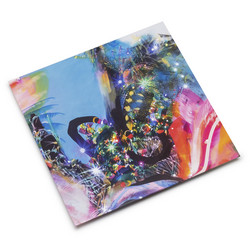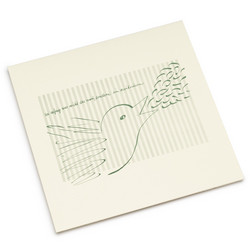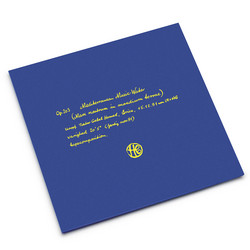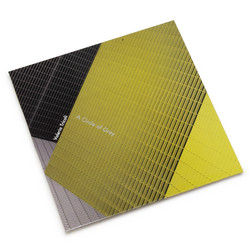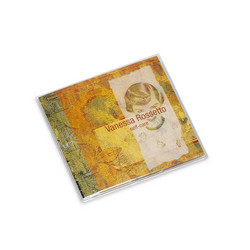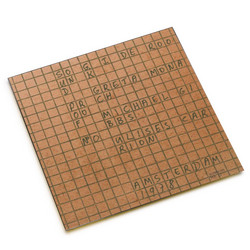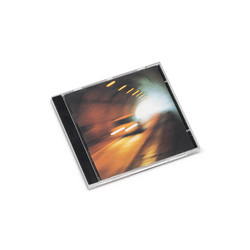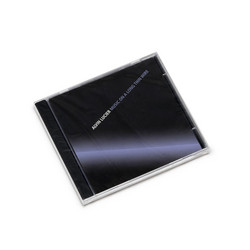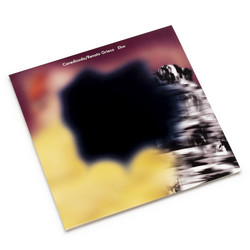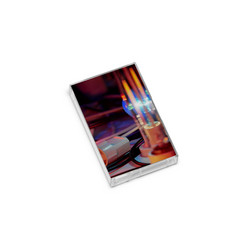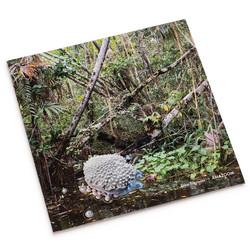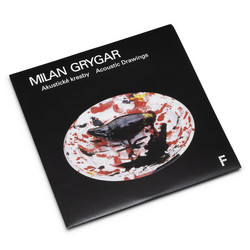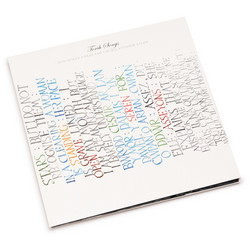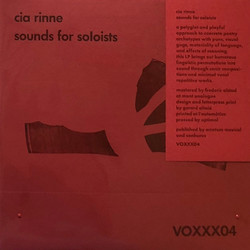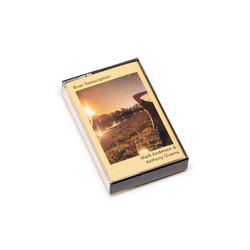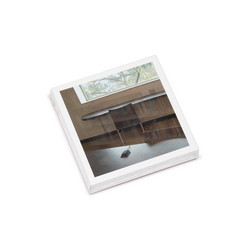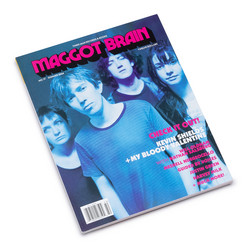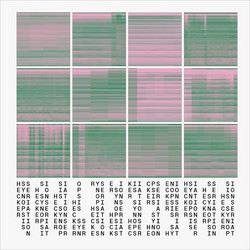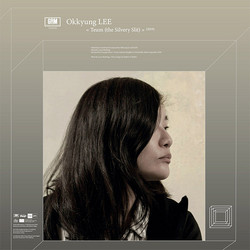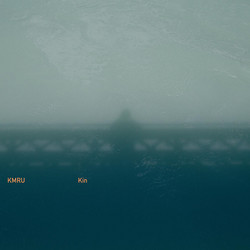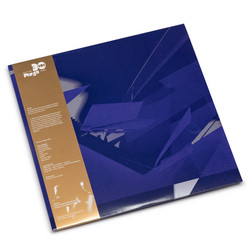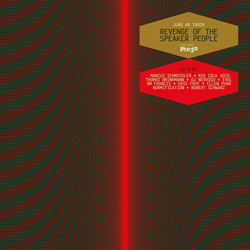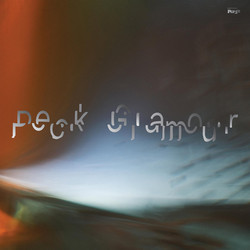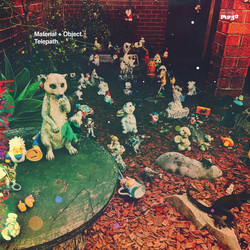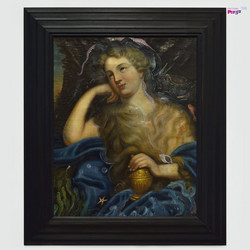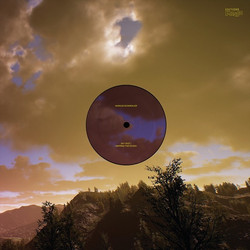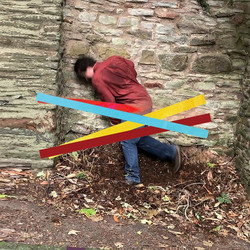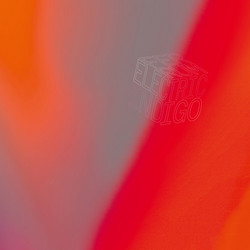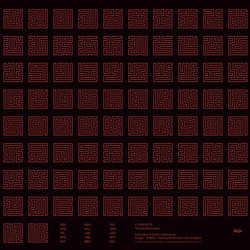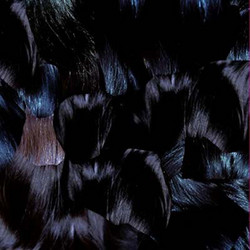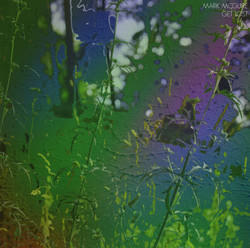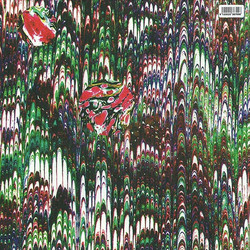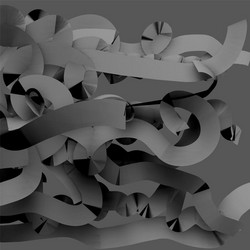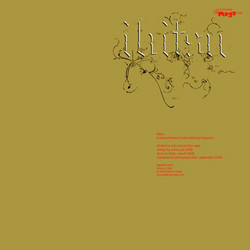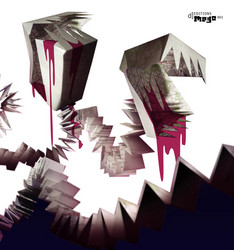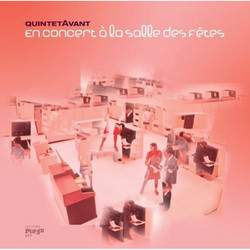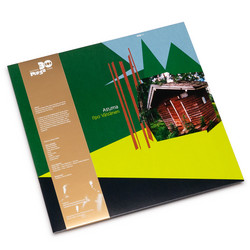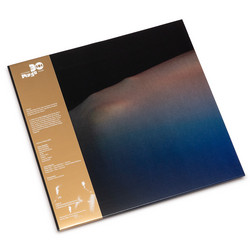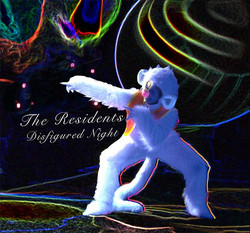Florian Hecker’s latest CD release continues his work with computational techniques for analysis and resynthesis. In Inspection II we hear the progressive reconstruction of original source material using algorithms based upon human hearing and designed to capture timbral characteristics of sound. As the source is iteratively extracted from featureless noise, a complex ongoing dialogue commences between formal model and empirical experience of sound. Like Charon, the boatman who ferries souls of the dead across the styx, Inspection II crosses perpetually from one bank to the other: from the formal anticipations of analysis to the unexpected artefacts of synthesis. In Robin Mackay’s libretto, recited by a synthetic voice, this inspective dialogue is transferred to the introspective psychoanalytic situation, where the continual re-narration of the self creates further disturbances and transformations — to attain a definitive image of oneself would be to face one’s own death. As discussed in Amy Ireland’s essay Beside a Cold Statue commissioned for the CD sleevenotes, this process, whose symptomatology is recognisably that of masochism, sees the coldness of the formal model subverted as Hecker’s continual resynthesis delivers up a series of harsh, tantalising, and bewildering textures and timbres: "the resynthesized sound is more intractable, more disorienting, and more empirically obscene — a contingency that always disrupts the plan […] synthetic progeny, nourished on nothing but ice and noise…".
"Inspection II is a very particular composition which deserves a privileged position not only in relation to attempts to exhaust and remove the unknown borders of the sonic universe, but also among the various endeavours of Expanded Psychoanalysis. By transcending the unique authority of Freudian discourse, by alienating and synthesizing the dialogue of analyst and analysand, by penetrating the realm of that babble that is the obvious origin of human language and communication, designated by Jacques Lacan as lalangue, Inspection II discloses a space beyond representation, and hence beyond sense, intelligibility and significance. In order to imagine the inconceivable and unattainable unconscious of an apparently amorphous real that lies outside the structured network of reality with its mediating instances of the imaginary and symbolic orders, Florian Hecker’s project suggests an all-pervading realm of sounds and noises considered as one of the purest utterances of existence. Closing the screen of the cerebral computer, psychoanalysis emerges as the hard disk’s synaptic music, echoing the big bang of our psychic genesis." — August Ruhs (Psychiatrist, Psychoanalyst, University of Vienna)


